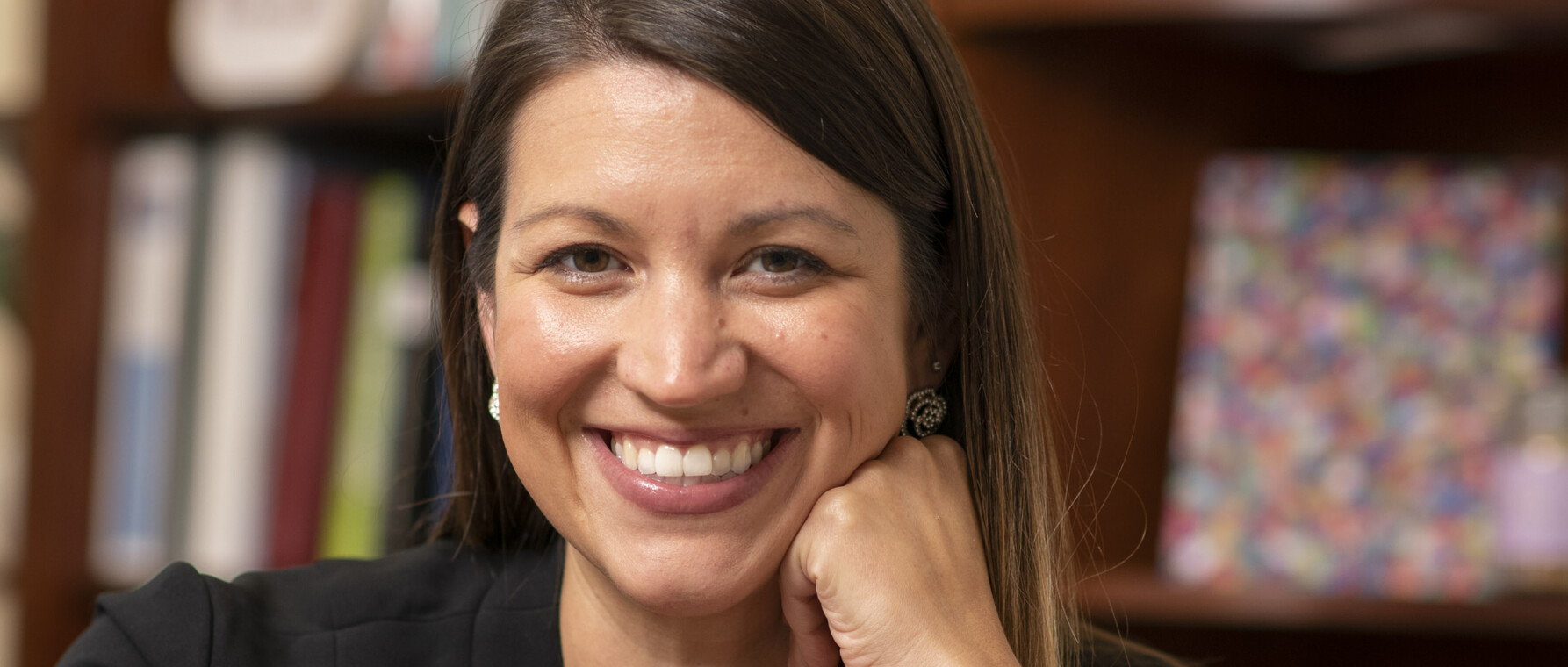B-2 B-Well: Staying Well During November Break

As we approach the Thanksgiving recess, it’s important to remember that the time means different things to different people. For some, it’s an opportunity to gather with the people they love and reflect on their blessings. For others—particularly those from indigenous communities—it can be a somber occasion, a commemoration of trauma.
For many, though, the time will at least bring them back into contact with friends and family. Often, that means navigating the difficult conversations and situations that arise when different folks get together. One of those situations may be that, while the Harvard community is over 96 percent vaccinated against COVID-19, masked, and regularly tested, your family or friends may not be. So how do you manage, particularly when you all may be yearning for the old pre-pandemic “normal”?
The first step is to acknowledge and name how you are feeling. It’s okay if you are excited, angry, exhausted, or anything in between. You are in charge of those feelings. You are also in charge of what to do with them and your behavior. It’s important to understand that, as HUHS psychologist Dr. Rue Wilson states, “Anxiety is an emotion that tends to seek out confirmation.” Her advice? Acknowledge your anxiety, and then turn to other things.
The next step is to define your personal boundaries. What is your comfort level with social interactions, travel, or social behaviors? Understanding how you feel, as well as getting the facts on the latest health information, will help you communicate your boundaries and your expectations to others. It’s best to formulate a plan after you have done some self-reflection. Feeling stuck or unsure? Try journaling, talking it out with a friend, mindfulness, or leaning on the resources at Harvard.
Clearly communicate your boundaries and their importance to those with whom you plan to gather. Using “I” statements will help others understand your perspective. This is the key: Your loved ones are not mind readers and don’t know how you might be feeling, what your boundaries are, or your expectations for them. Remember you are not a mind reader either, and it’s vital to ask others how they are feeling and what boundaries or expectations they have for this holiday. (Secret: This does not just apply to COVID, but almost every situation!)
Use active listening when engaged in these conversations. Suspending judgment and leading with empathy will help others feel validated and heard. Feel empowered to self-advocate. Tell Aunt So-and-So that you would prefer that everyone be masked when they are not eating/drinking, and if others choose not to honor this, then you plan to mask. If cousin This-and-That expresses frustration that you won’t be attending the gathering this year—even for non-COVID related reasons—you can share your sadness that you aren’t able to attend and explore other ways that you both can feel connected.
It’s also important to try to have these conversations ahead of time. As Victoria Albina, a holistic nurse practitioner and life coach, writes, “Asking in advance gives you a chance to have more time to be thoughtful and eloquent in your response, and also gives more time to reflect on how you feel and stay aligned with actual wants and needs...It’s easier to do that when your emotions and nervous system are regulated, since many of us may not have the skills we need to stay regulated when faced with social pressure on the spot.”
Finally, it’s okay to prioritize your health and be your own advocate. This is something that we need to practice daily, and you probably do in more situations than you think. If you are struggling, connect with others and practice self-care.
Be kind to and take good care of yourselves and one another. Remember to visit B-2 in person or virtually and, above all, B-Well!
Photo by Tony Rinaldo
Get the Latest Updates
Join Our Newsletter
Subscribe to Colloquy Podcast
Simplecast Stitcher




